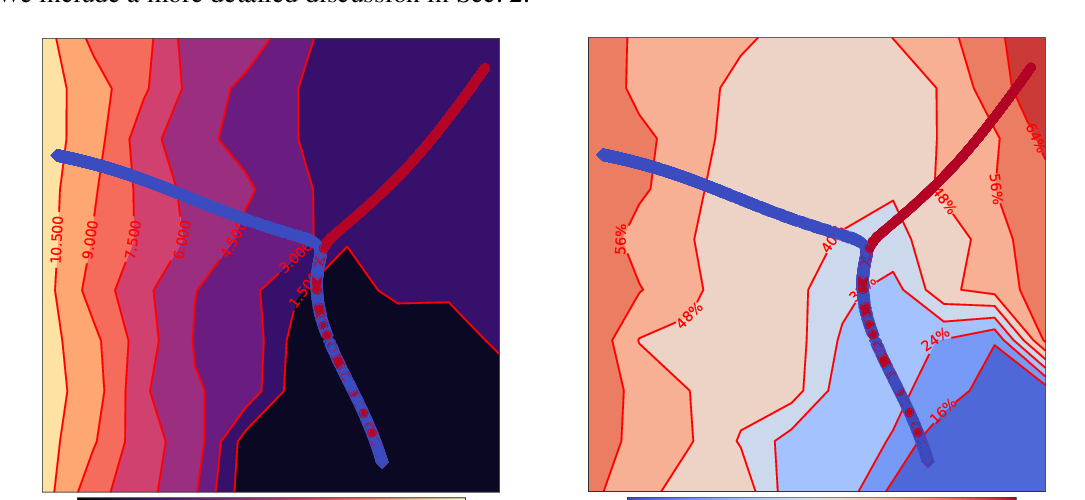Abstract:
Stochastic gradient descent (SGD) with stochastic momentum is popular in nonconvex stochastic optimization and particularly for the training of deep neural networks. In standard SGD, parameters are updated by improving along the path of the gradient at the current iterate on a batch of examples, where the addition of a ``momentum'' term biases the update in the direction of the previous change in parameters. In non-stochastic convex optimization one can show that a momentum adjustment provably reduces convergence time in many settings, yet such results have been elusive in the stochastic and non-convex settings. At the same time, a widely-observed empirical phenomenon is that in training deep networks stochastic momentum appears to significantly improve convergence time, variants of it have flourished in the development of other popular update methods, e.g. ADAM, AMSGrad, etc. Yet theoretical justification for the use of stochastic momentum has remained a significant open question. In this paper we propose an answer: stochastic momentum improves deep network training because it modifies SGD to escape saddle points faster and, consequently, to more quickly find a second order stationary point. Our theoretical results also shed light on the related question of how to choose the ideal momentum parameter--our analysis suggests that $\beta \in [0,1)$ should be large (close to 1), which comports with empirical findings. We also provide experimental findings that further validate these conclusions.


